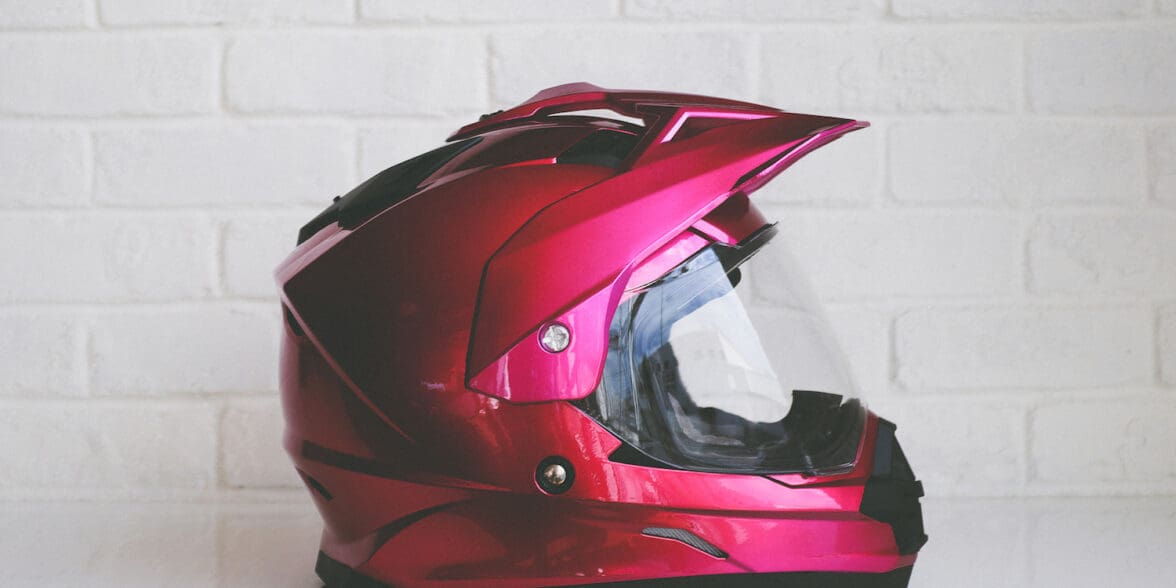Does DOT Really Mean Anything?
A lot of people know that the Department of Transportation certification for motorcycle helmets isn’t very good. There’s a lot of problems with it, including the fact that testing was based on data from people in automobile accidents, the testing methods are out of date, and that helmet manufacturers get to self-certify their helmets.
Not only do manufacturers self-certify, but they also get to choose the areas of the helmet to test. This often leads to helmets being really strong in some areas and not so much in others. Stronger points are needed in some areas of the helmet, but it’s also a way for the manufacturers to cheat the helmet safety standard. Also, there’s little keeping manufacturers from straight up lying.
That’s why the recent article on DOT helmet safety data from Ultimate Motorcycling really isn’t all that surprising. The publication stated that since 2014, 124 helmets with claimed DOT approved status were tested to see if they really do comply. Of that group, 52 of them (42.1 percent) failed. Not only are DOT safety standards sub-par, but many helmets claiming DOT approval don’t actually meet the standards.
The big culprit here is the self-certification. It’s a joke. The National Highway Traffic Safety Administration conducts enforcement, but only after the helmets are actually out on the market. This means thousands of riders could buy faulty equipment before the NHTSA validates the company’s safety claims. Also, with only 124 helmets being tested by the NHTSA since 2014, I can only imagine how many faulty products are on the market.
So what’s the solution? Turn to European safety standards or the Snell Foundation. This isn’t exactly new information. The European helmet safety standards are better, and people have known this for a while. Also, the Snell Foundation does its own testing and doesn’t have the same problems as DOT.
Also, stick to well-known and well-respected brands. They’re going to do their best to live up to their reputation, meaning you’ll get a helmet that’s actually safe. Ultimate Motorcycling goes into this data in further depth, so if you have any questions about specifics, give their article a look.



